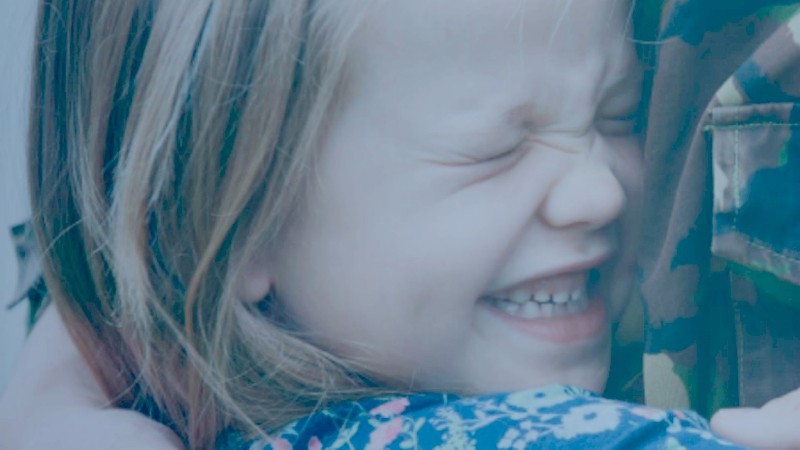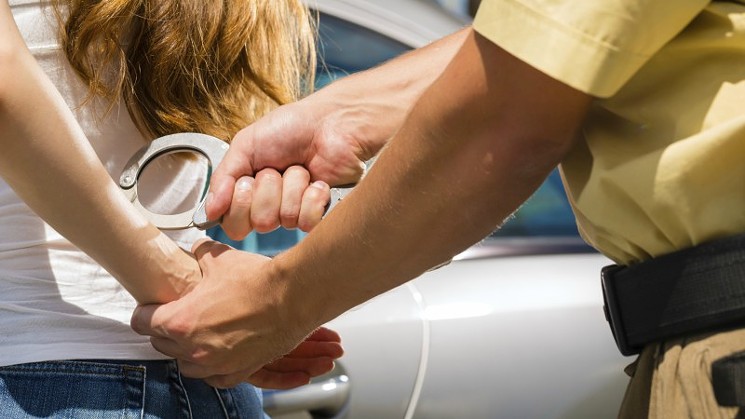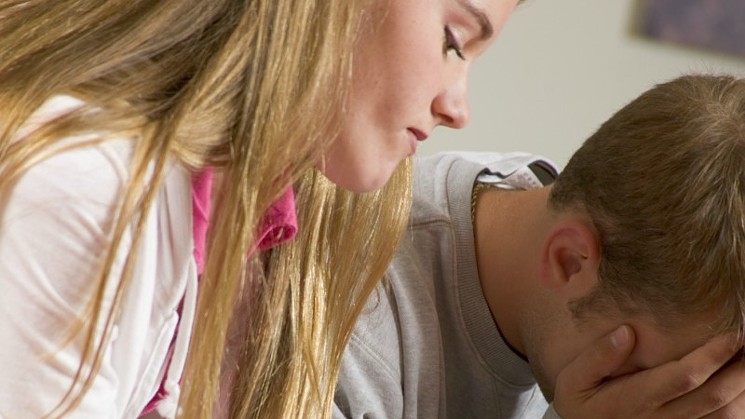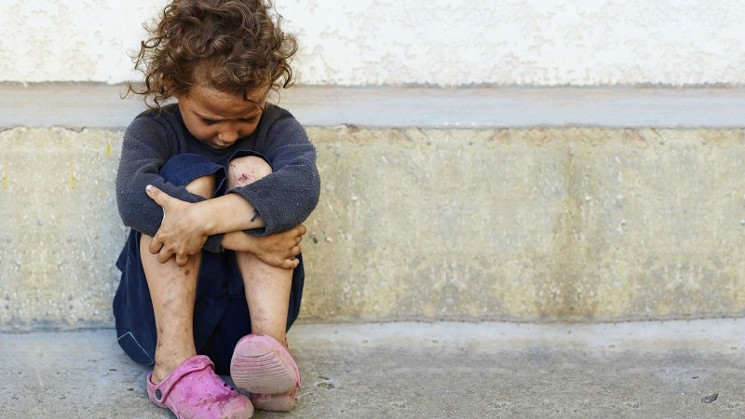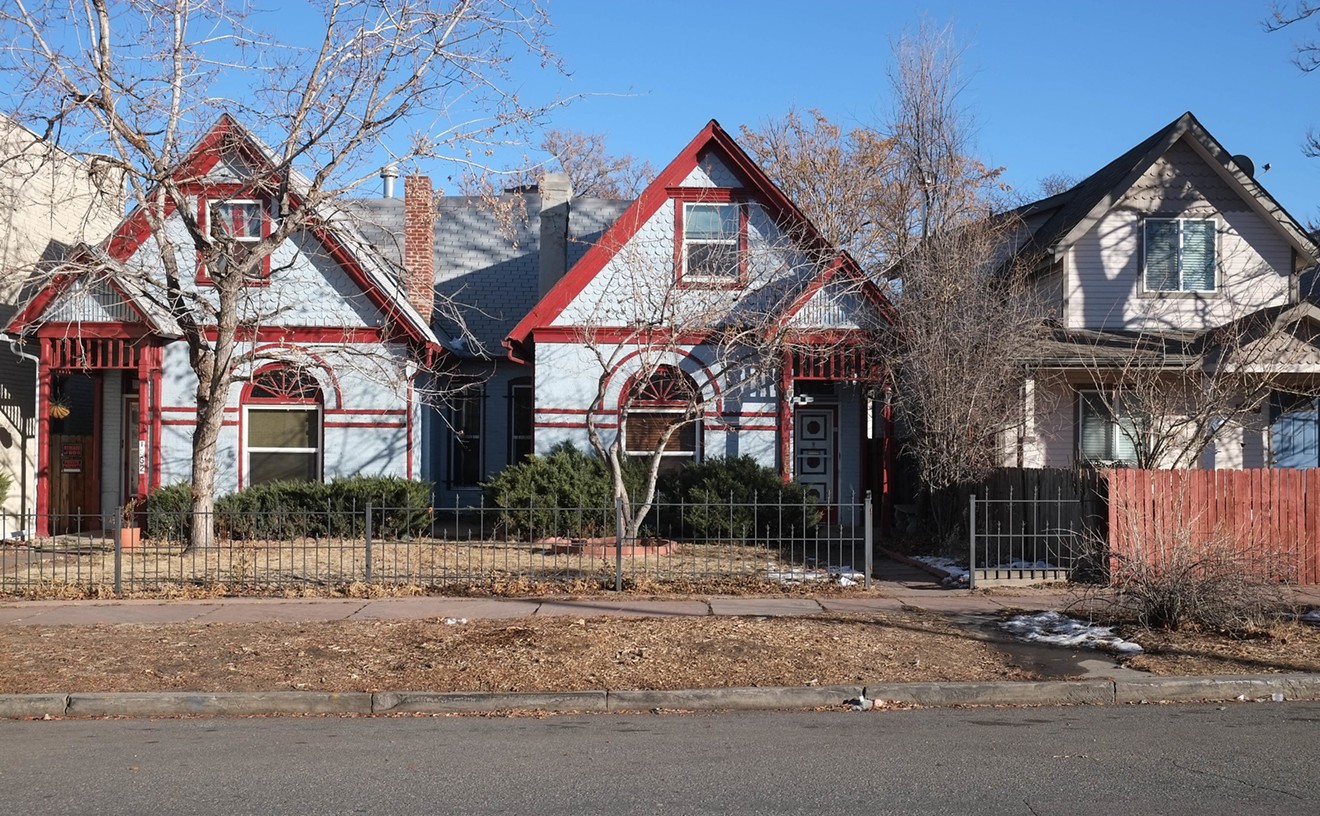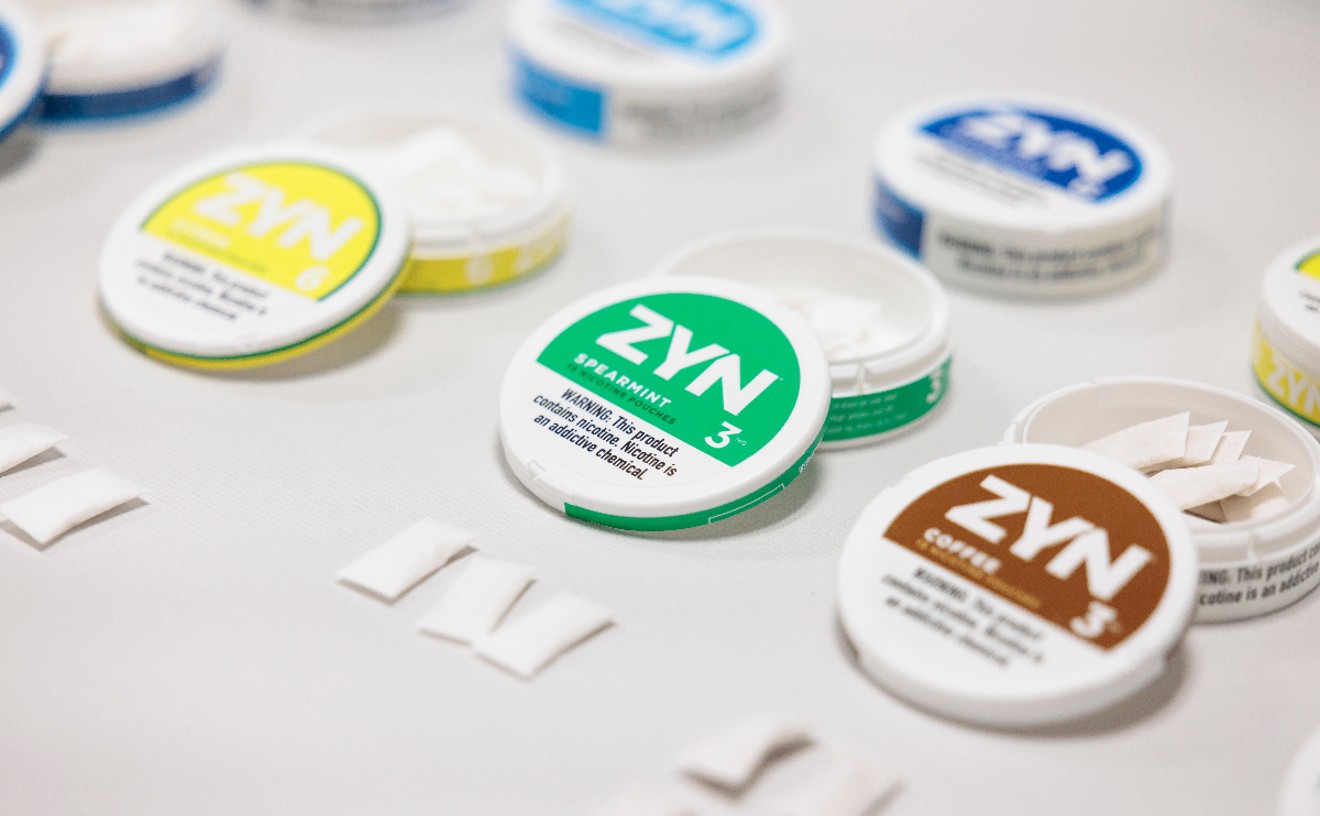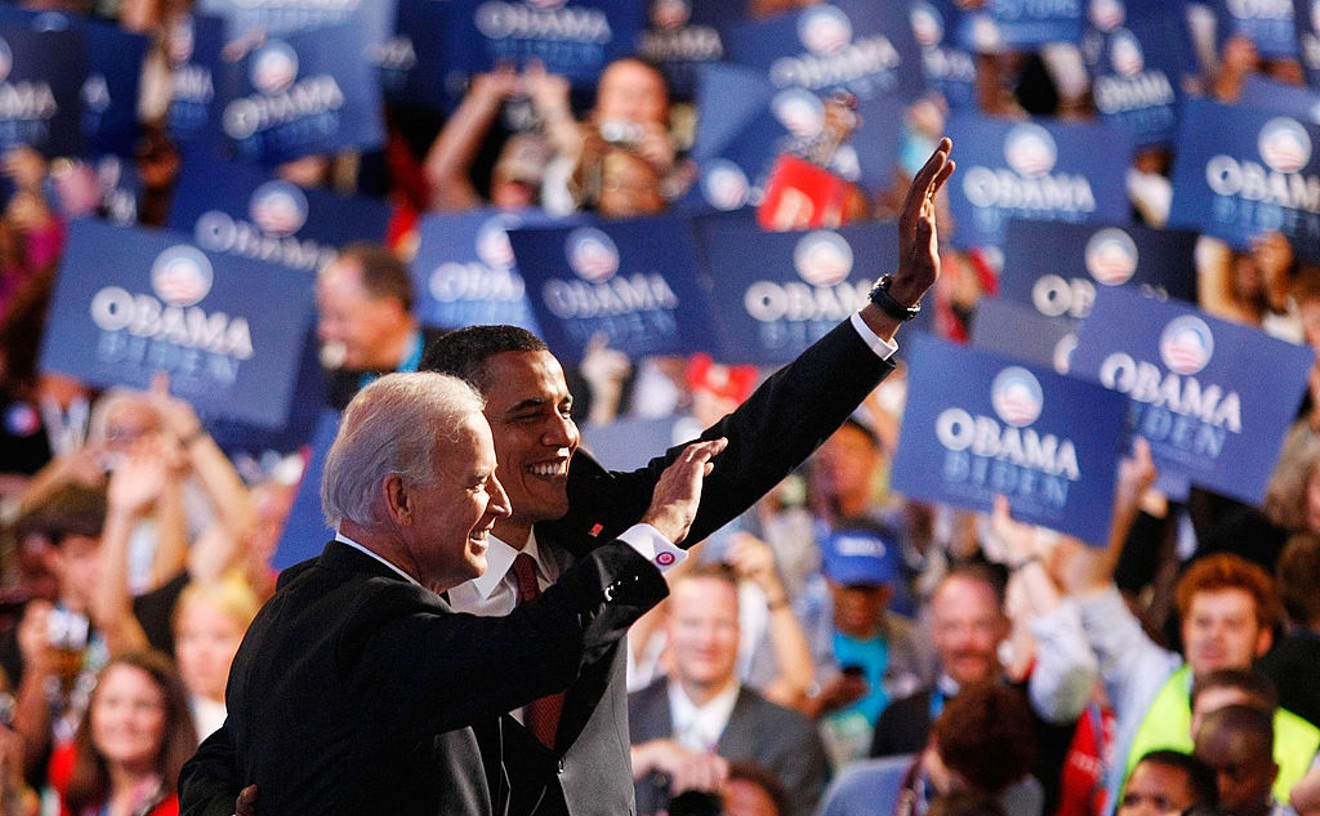In advance of the gathering (see the details below), NCJFCJ president Tony Capizzi, a judge at Dayton, Ohio's Montgomery County Juvenile Court, outlines some of the most significant issues facing members.
The challenges they bring could hardly be larger, more daunting or of greater importance.
Trauma-Informed Courts
"Judges around the country understand that children, when they come to court, have experienced levels of trauma before they walk into the courtroom," Capizzi says. "And when they're there, do you add to their trauma, or do you relieve it? Children in some courts are handcuffed and shackled on a regular basis, and that's a traumatic event. So we try to explain that when children come before us on a criminal case, the reality is that they're kids: ages ten, twelve, fourteen, sixteen.
"We need to understand their trauma better and understand how to deal with them. How do you deal with someone who's eleven and has seen relatives beaten, shot and murdered? These are extreme levels of trauma, and we need to train judges and people throughout the court system how to better interact with these children — how to help them work through their trauma and understand it better."
Opioid Crisis and the Impact on Youth and Families
"My court, in Montgomery County in Ohio, is the epicenter of the opioid crisis. I run the largest drug court in Ohio. And even though this is extremely different than most prior drug issues, it's similar in some ways to the crack epidemic of 25 years ago. People think it's the first time we've experienced this level of challenge, but it's not.
"So many people are using heroin today, but generally speaking, heroin is not a drug that normally will kill someone. But Fentanyl and so many derivatives that are being put in heroin do. Today's heroin is laced with drugs that can kill them immediately.
"Juvenile court is about more than just little criminals. We also manage children who are dependents. The judicial aspects for these kids, who may have been abused or they're dependent on parents who never got married and who have problems of their own. Today, 50 percent of young people are born to parents who never got married, and we have so many people passing away in their twenties and thirties, leaving their children homeless and without parents. There's been a dramatic increase in foster replacement challenges because of all these young kids without parents. That's why we're working with agencies across the country to make sure we have places for these children — especially children where there aren't family members who can take care of them.
"I've been on the bench for fifteen years now, and when I started, I'd never see a kid on heroin or opioids. Back then, it was marijuana and then cocaine and then meth. Nowadays, 25 percent of kids I see between fourteen and seventeen and a half have been caught with heroin or Fentanyl in their system. And it's mind-boggling that kids that age are now taking heroin and Fentanyl.
"When I first was on the bench, I was trying to help kids get off drugs and stay in school and manage their lives. Now, a major part of my job is to keep these young people alive so they can turn eighteen. That's why it's important for us to explain the complexities of drug issues, foster care and how you manage these children and families short-term and long-term, through outpatient programs, inpatient programs. If you send them back to the same house, we know what can happen. So we have to interact with the family and support family assets to make sure that when they go home, it's not counterproductive."
Juvenile Court Fees, Fines, Costs, Restitution and Bail
"Our position is that we shouldn't hold a child accountable for fines and costs, because they have no money to pay them. They don't have resources. Now, I don't want to pick on any one body, but some county commissioners or county auditors feel we need to do more to collect fines from children. I will always order a child to pay restitution if a child breaks the law and damages property. I can use grants and dollars to pay back victims of a crime. But asking a child who's destitute, who may be in jail and whose parents may not be able to afford a bus token to pay fines is ludicrous, and many elected officials don't understand that. They blame judges for not collecting fines and costs, because in reality, the well is only so deep. But the council has taken the position that fines and costs different from restitution shouldn't be put against a child."
Domestic Child Sex Trafficking
"We now have young men and young women all over the country who are victims of human trafficking. I've had experience about that in Ohio. Toledo is one of the major areas in the country where there's been substantial human trafficking. But it's happening everywhere, for a variety of reasons.
"Human trafficking is a different phrase for prostitution for a child. If you have a child who's being forced to prostitute himself or herself, in the old days, we would arrest that child and detain that child and punish that child for being a victim of human trafficking. But I just can't believe a twelve-year-old boy or girl is saying, 'I'm going to prostitute myself.' They're not saying that. They're being forced by an adult or another juvenile. And this isn't only being done in the back corners of New York City or Chicago. It's happening in every corner of the country.
"Today we're beginning to understand that you need to work with these children and not treat them like criminals. We need to treat them like a victim. Human trafficking is another tragedy against young children, and too many people just don't understand the complexity of it. We're going to have a really good seminar at the conference on human trafficking, where some children who've been trafficked and survived the system are going to speak out. And two key speakers are from Colorado: Jill Brogdon with the Colorado Human Trafficking Council, and Mary Landerholm of the CoNEHT Hotline."
LGBTQ Youth
"Most people aren't educated as to how to work with the questioning community. It's a matter of better education for judges and professional staff that work in the court: judges, prosecutors, defense attorneys and the dependency side, where you work with social workers. Because we need to better understand the needs of young people who are questioning their sexual identity, as well as working with the community, which is a pretty large community, and understanding that community.
"A few months ago, during a hearing in my court, a girl who was fifteen going on sixteen came out for the first time in public to say she's gay. And I've been trained to understand how important it was for this young girl to have enough faith and trust with people in the room to do that. We've clearly made major successes with her if she felt strong and safe enough to do that.
"This is not something you learn in law school. As society is becoming more complex for these young people, we need to better understand how to work with them. They can become victims of human trafficking, hazing, being picked on and bullied in grammar school and high school. A lot of times, kids act out in a tragic way because of bullying. There are so many complex pieces to this. We have to understand what those are and teach the whole issue."
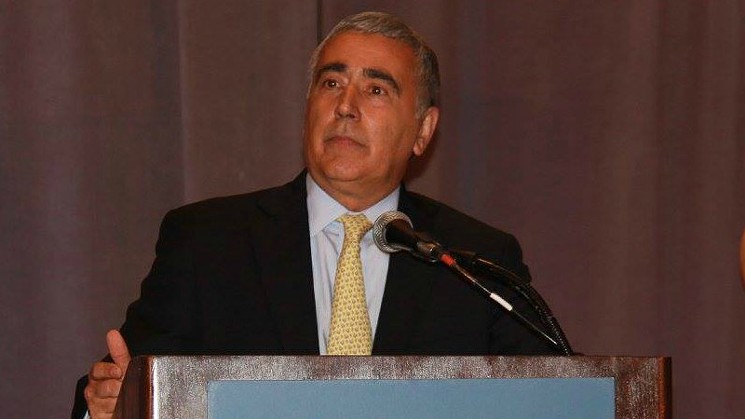
Judge Tony Capizzi is president of the National Council of Juvenile and Family Court Judges.
Facebook
"Having been a judge for many years, I've received multiple threats of murder in my lifetime. And a few months ago, threats were found to be credible in one case. We actually indicted three young men who threatened to kill me and kidnap and rape my wife. It was a gang case where the gang said, 'If you find them guilty, we're going to kill you.' I had to have personal protection for a number of days at my home. And in another case, one of my fellow judges in Ohio was shot. As he was walking from his car to the courthouse, the father of a defendant came out with a gun and shot him.
"Courtroom security is a very important issue, but also a very complex issue. Is every courtroom safe? Does every courtroom need metal detectors now? And in most courts, the judges don't run the building. County sheriffs or other elected officials run it. And it's very dangerous if there's not appropriate court security and human security, so that judges, magistrates, prosecutors and their families know they're safe. Obviously, the issue of personal safety involves an abuse of the whole criminal-justice system.
"I don't want this to be a political argument, but over the past two years, there's been a much greater allowance for outrage at political events, and people believe they can do things, complain more and not get arrested, not get in trouble. This heightened political situation around the country has made our job harder. People believe they have the right to be more aggressive and make judges do what they want them to do. But juvenile and family court judges aren't political animals. I don't care if a Democrat or a Republican is in Congress or the White House. I just want to be able to protect my community and the children and families I'm supposed to serve."
Marijuana and the Impact on the Juvenile Justice System
"I have a hard time with this one. I am very fearful that the legalization of marijuana will have a severe negative effect around the country as it relates to juveniles. I've been told there are studies that show marijuana isn't a gateway drug to heroin or cocaine or other things. But in all my years on the bench in drug court, I've never once had a child who was using heroin who hadn't previously used marijuana. I can't show any scientific evidence to make that connection, and just because you use marijuana doesn't mean you're going to use heroin. But it opens you up to another vice, and that vice can lead to other things.
"Science has shown that our brains don't mature until we reach almost the age of 25, and I don't think kids who are fourteen and fifteen have enough knowledge to experiment with any drug. And marijuana is a lot more accessible, a lot more available. If a 21-year-old wants to give marijuana to a fifteen-year-old girl, it's a lot easier to do. So I'm very concerned about loosening the rules and regulations for marijuana sales and what effect that's going to have on children. The access is so much easier, and the marijuana is so much stronger than it used to be. And that's not to mention these marijuana candies, like gummy bears. When children take this kind of marijuana-laced candy, there's a greater risk of overdose, because a child doesn't know how to manage that as well as an adult."
Courtroom Technology
"I'm the perfect person to talk to about courtroom technology, because I have the first drug court using IBM Watson software that I worked with them to develop so I could better manage my court. And in these challenging financial times, we need to use more technology to facilitate better outcomes. These can be simple things. For example, we can text kids who are supposed to come into court instead of calling them. And children in juvenile court many times are placed in different parts of the country. With our technology, we can Skype those cases in. We can also use Skype to do counseling. Is it better than one-on-one with a child and a counselor in the same room? Maybe not. But we can't change that West Virginia is built the way it is — where there may only be one therapist in 300 miles. And using technology, we can still help the children and families we're trying to serve."
State and Tribal Court Collaboration and the Indian Child Welfare Act
"Our organization has been working very closely with the National American Indian Court Judges Association. We interact with those judges to try to better deal with the collaboration of tribal judges and state judges, because so often the two didn't cross and they could be very competitive. It's a way to indicate that tribal judges deserve respect, deserve to have their positions known and deserve to have us interact better with them. We need to understand the historic traditional values of Native Americans and their form of justice and counseling. They have some amazing techniques I've learned over the past few years.
"This helps us deal better with children of Native American heritage and better understand tribal court custody, a child who's an orphan or who's been abused. Under HIPAA [the Health Insurance Portability and Accountability Act], we have to make sure we contact the tribe, but we also want to show respect for the tribe and their general law in order to maintain the integrity of the child and help that child. One hundred years ago, our country was pretty focused on removing Indian children from parents, which was another tragedy. We need to guarantee that's never going to happen again."
Military and Veteran Families
"The military community has unique challenges. They don't make a lot of money, they're forced to move a lot, and there are a lot of potential domestic-violence and alcohol issues in that community. Our council has been trying to work and interact better with them. It's all about teaching judges and other judicial office holders how to use the skills they have to help these families.
"When members of the military are placed overseas, what happens to the kids who aren't overseas? And when there are issues of custody, child support and visitation, how do you deal with that person who's been in the military for eight months? When parents are gone and their kids are left not properly supervised, we need to understand that the parent isn't a delinquent parent. That parent is serving our country and we've given them some overwhelming challenges, but maybe not enough services. So we need to understand the challenges and try to facilitate services for those families to better protect their children in the U.S."
Solitary Confinement for Juveniles
"That's a no-no from day one. The Supreme Court finally said it: No child should be put in solitary confinement. It's so ridiculous and abusive and traumatizing. It's something that shouldn't even be open for discussion. It's just a clear-cut issue that no juvenile should be held in any kind of seclusion for any period of time. If a child is acting out while they're detained and they're at risk to themselves or another person, you can put them in seclusion for an hour or two to help them calm down and redirect them. But we have to understand that's for a short period of time, in order to bring in a mental health professional. No child should be held for a long time in solitary confinement."
Immigration and the Special Immigrant Juvenile Status
"Regarding the current border crisis, children are children and they deserve due process. DREAMer children are a political hot potato, but they deserve to have their cases heard in front of a judge or a magistrate if they're two or twelve or seventeen.
"Every border state, and there are probably eighteen or twenty of them, has issues with children of immigrant families who may have come in legally or illegally. But the issue for a juvenile court judge is to protect that child.
"I don't want to get political about this, but I believe a juvenile court judge shouldn't look to the legality of the paper that child has. I'll compare it to a hospital. If a person shows up at a hospital with a gunshot wound and says, 'I don't have insurance,' and then they get kicked out, that's inexcusable. If a child's brought into my court and they're undocumented, does that mean I'm not going to take care of them? Of course I'm going to take care of them. We were not created to punish, detain or warehouse children, which is happening right now, although not by us. Our goal is to protect and serve and keep these children safe. I don't look at skin color or immigration papers. I'm looking to take care of whoever that child is who comes before our court."
Racial and Ethnic Diversity
"We're trying to make sure courts understand how best to deal with racial and diversity issues and how we are a contact point. We need to make sure there are a variety of kinds of people in our system — and I'm not just talking about racial diversity, but also diversity of sexual preference and economic diversity. There are all kinds of diversity issues we need to balance."
The Role of Men in Stopping Violence Against Women
"We have very strong ongoing education efforts around the country on the issue of domestic violence. But at 8 a.m. on Tuesday [July 24], our keynote is going to be men's role in stopping violence against women [delivered by Jackson Katz, co-founder of Massachusetts-based MVP Strategies]. With everything that's been happening with #MeToo and #TimesUp, we believe this is a critical issue, and one that we've been working on for a number of years. We're making sure we address the issue of domestic violence."
The National Council of Juvenile and Family Court Judges' annual conference runs July 22 though July 25 at the Hyatt Regency Denver, 650 15th Street, near the Colorado Convention Center. Click for more information and to see a complete schedule.

